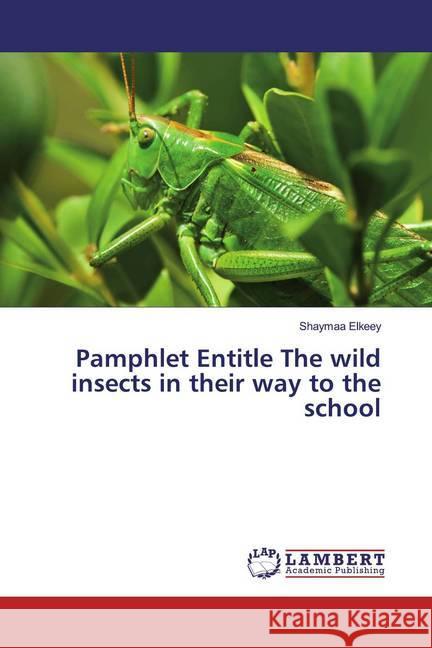Pamphlet Entitle The wild insects in their way to the school » książka
Pamphlet Entitle The wild insects in their way to the school
ISBN-13: 9786200229328 / Angielski
National Research Council (NRC) states: "Students should be engaged in observing and caring for a wide range of organisms that can be housed in the classroom, with an emphasis on local plants and animals. Students should assist in feeding and rearing animals to understand their needs, their behavior, and their life histories" (1990, 14). Acquiring firsthand experience through observing and/or handling small creatures helps children develop a healthy and curious attitude toward them, rather than one of fear or disgust. On the other hand, "the national science education standards recommended that student at all grade levels and in every domain of science should have the opportunity to use scientific inquiry and develop the ability to think and act in ways associated with inquiry, including asking questions, planning and conducting investigations, using appropriate tools and techniques to gather data, thinking critically and logically about relationships between evidence and explanation, constructing and analyzing alternative explanations, and communicating scientific arguments." (NRC, 1997, p. 105) Consequently, I designed three units consist of three the wild insects











